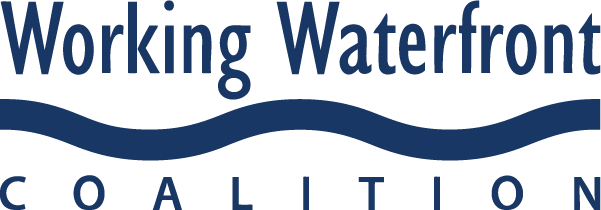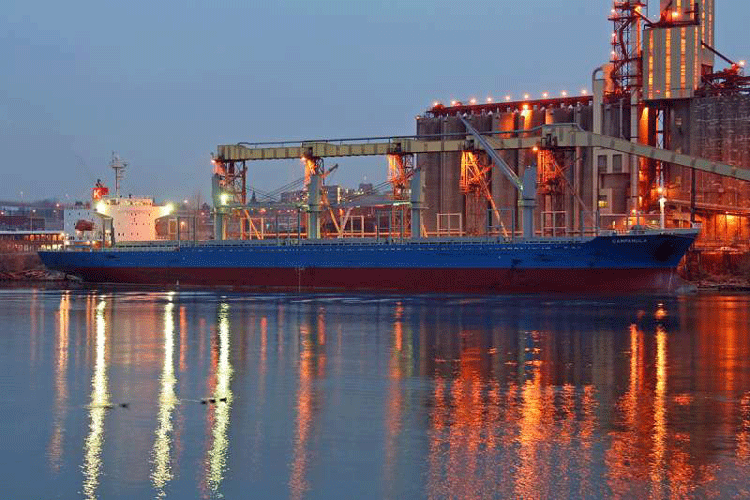Energy Cluster of Linnton
June 2005 This report explores the little-known energy facilities in Linnton, located in the northern portion of the Northwest Industrial District and the relationship of these facilities to the Northwest region as a whole. The report also identifies various industrial

